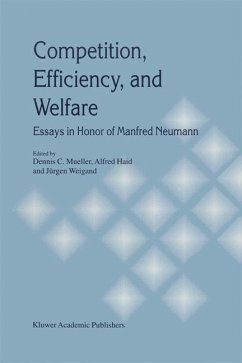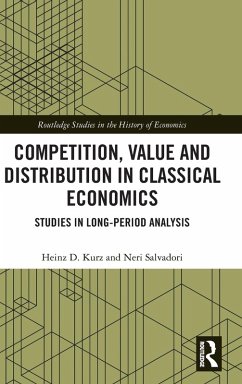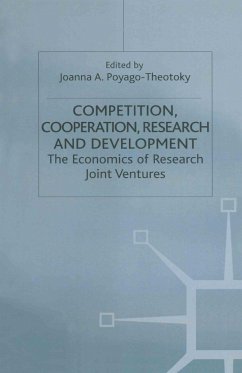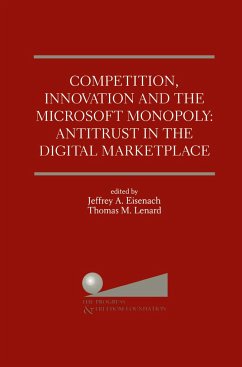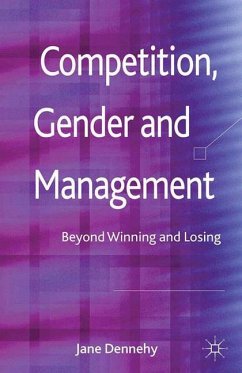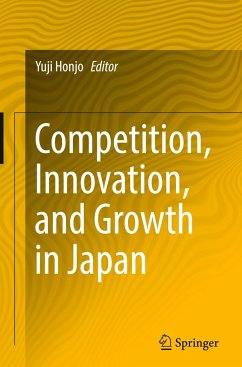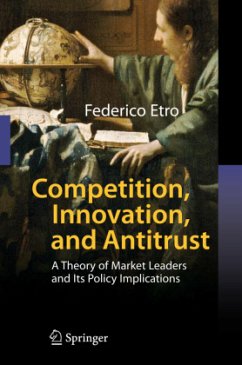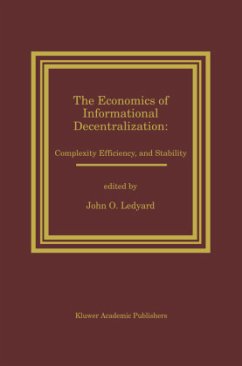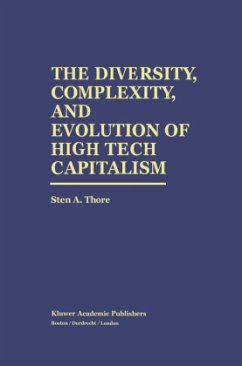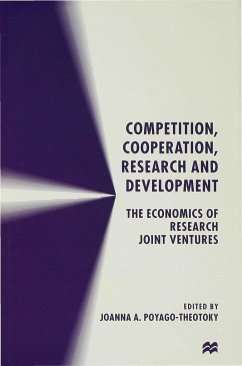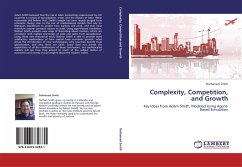
Complexity, Competition, and Growth
Key Ideas from Adam Smith, Modeled Using Agent-Based Simulation
Versandkostenfrei!
Versandfertig in 6-10 Tagen
52,99 €
inkl. MwSt.

PAYBACK Punkte
26 °P sammeln!
Adam Smith believed that the rise in labor productivity experienced by rich countries is a result of specialization, trade, and the division of labor. While economists still believe that, Smith's insight has been largely purged from economic theory, due to the rise of mathematical models that rely on Walrasian equilibrium to predict how markets will work, and that must therefore assume constant returns to scale. Using agent-based simulation, Nathan Smith presents new ways of theorizing about markets, which are consistent with realistic economies of scale and gains from specialization. Using th...
Adam Smith believed that the rise in labor productivity experienced by rich countries is a result of specialization, trade, and the division of labor. While economists still believe that, Smith's insight has been largely purged from economic theory, due to the rise of mathematical models that rely on Walrasian equilibrium to predict how markets will work, and that must therefore assume constant returns to scale. Using agent-based simulation, Nathan Smith presents new ways of theorizing about markets, which are consistent with realistic economies of scale and gains from specialization. Using these new theoretical tools, Nathan Smith is able to provide more satisfactory explanations of how capital fuels economic growth, what drives the introduction of new technologies, why countries benefit from globalization, and why there are cities. Space does not permit the exploration of all the ramifications of these conclusions, but sophisticated readers will see how they extend to much of the subject matter of economics and convey crucial insights about the modern world.



